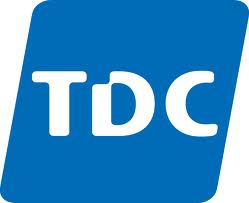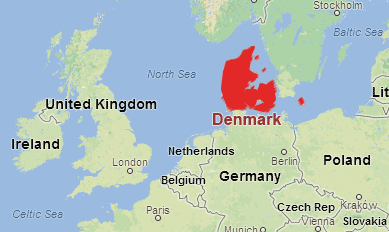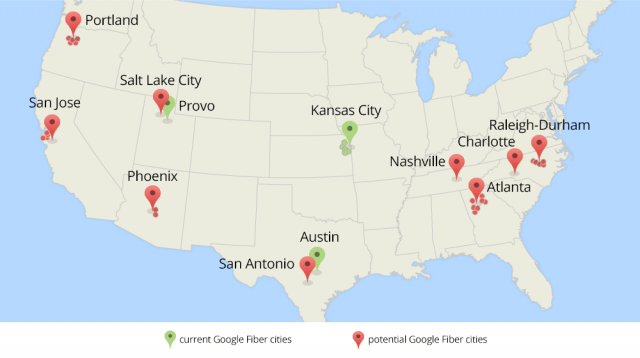 China’s top economic planning agency is assessing a monopoly case involving two large telecom companies and will make a ruling soon as the Beijing government declares uncompetitive broadband against the interests of the people.
China’s top economic planning agency is assessing a monopoly case involving two large telecom companies and will make a ruling soon as the Beijing government declares uncompetitive broadband against the interests of the people.
The National Development and Reform Commission (NDRC) began to investigate the duopoly of China Telecom and China Unicom in the broadband business two years ago. The two companies, fearing reprisals, promised to end the questionable practices that brought scores of complaints from Chinese citizens over network incompatibilities, rising prices, and slow service.
The two companies together maintain a 90 percent market share of Chinese broadband, and both could face fines up to 10 percent of their annual Internet revenues if the NDRC finds they are acting as an abusive duopoly.
The Chinese government passed strict anti-monopoly laws in 2008 and has enforced them. Beijing has been particularly concerned about price discrimination against other Internet Service Providers and relentless rate hikes, even as costs to offer the service have dropped dramatically.
The NDRC said on Wednesday that the two companies submitted evidence that suggested both had significantly raised network integration, extended the direct-link bandwidth of their backbone networks, raised broadband speeds and lowered prices.
Although the Chinese government’s free market policies have brought investment and economic change to China, the government has grown increasingly concerned about leaving vital sectors of the economy unregulated. In several instances, the result has been bad for consumers and generally reduced innovation, as handfuls of conglomerates found it easier to enforce market power, reduce investment, and raise prices. The Chinese consider the country’s online networks critical to its participation in the global digital economy, with the NDRC acting as a check against uneven playing fields and abusive business practices.


 Subscribe
Subscribe Denmark’s TDC telephone company is so confident about their network upgrades, they are ready to guarantee customers will get the broadband speeds advertised, or their money back and a commitment to fix the problem.
Denmark’s TDC telephone company is so confident about their network upgrades, they are ready to guarantee customers will get the broadband speeds advertised, or their money back and a commitment to fix the problem. TDC’s Guaranteed Speed Tiers (US$):
TDC’s Guaranteed Speed Tiers (US$): While you wait by the mailbox for your next Time Warner Cable rate hike notice, retired CEO Glenn Britt just deposited another $4.3 million in his personal bank account after selling another 30,000 shares of the Time Warner Cable stock he received as part of his lucrative compensation package. Just last month, he dumped 129,600 shares for a cool $17.3 million.
While you wait by the mailbox for your next Time Warner Cable rate hike notice, retired CEO Glenn Britt just deposited another $4.3 million in his personal bank account after selling another 30,000 shares of the Time Warner Cable stock he received as part of his lucrative compensation package. Just last month, he dumped 129,600 shares for a cool $17.3 million.

 Now that we’ve learned a lot from our Google Fiber projects in
Now that we’ve learned a lot from our Google Fiber projects in 